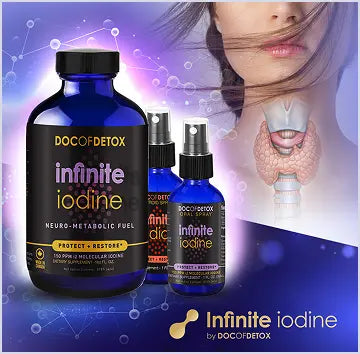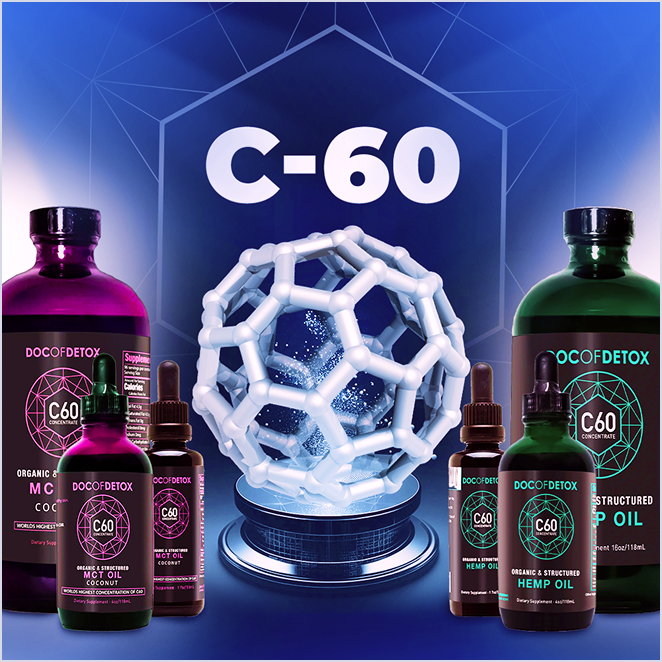
The Gut-Brain Connection Your Microbiome
Share
Why Your Gut Bacteria Aren’t the Enemy
For decades, we were told that bacteria are invaders to be destroyed. Antibacterial soaps, overprescribed antibiotics, and processed foods dominated modern life.
But the truth is, your gut bacteria aren’t enemies — they’re allies. The trillions of microorganisms in your digestive tract, collectively called your microbiome, are vital partners influencing digestion, immunity, and even brain chemistry.
The Gut-Brain Axis: Your Second Brain
Scientists now recognize the gut-brain axis — a two-way communication system linking your intestines and brain through:
-
The vagus nerve – your body’s primary neural highway;
-
Neurotransmitter production – your gut makes 90% of your serotonin;
-
Immune regulation – over 70% of immune cells live in your gut;
-
Short-chain fatty acids – anti-inflammatory compounds from fiber fermentation.
When the microbiome is balanced, people report better mood, sharper focus, and higher stress resilience.
When it’s imbalanced (a state known as dysbiosis), it’s linked to anxiety, depression, brain fog, and even neurodegenerative disease.
The Problem: Modern Life Disrupts Your Microbiome
-
Antibiotics destroy both harmful and beneficial bacteria.
-
Processed foods starve microbes of the fiber they need.
-
Stress and toxins damage gut lining and microbial diversity.
-
Lack of sleep reduces beneficial bacterial populations.
Each antibiotic course can cut microbial diversity by up to 30%, and it may take months or years to recover — if ever.
Instead of waging war on microbes, we must cultivate balance — feeding and supporting beneficial bacteria while crowding out harmful ones.
How to Support Your Gut-Brain Axis Naturally
1. Feed the Good Guys
Prebiotic fibers are food for beneficial bacteria. Add:
Garlic, onions, leeks, asparagus, apples, and legumes.
Aim for 30–40 g of fiber per day to nourish your microbiome.
2. Replenish with Probiotics
Fermented foods like kimchi, kefir, sauerkraut, and miso restore bacterial balance.
If using supplements, choose multi-strain probiotics (Lactobacillus & Bifidobacterium) with at least 10–50 billion CFU.
3. Support Gut Function and Mineral Uptake
Your gut and brain rely on proper nutrient absorption. Black Diamond Humic/Fulvic helps deliver trace minerals and detoxify cells — building the foundation for healthy microbial and neural communication.
4. Heal Inflammation
Chronic inflammation damages the gut lining.
-
Omega-3s (1,000–2,000 mg/day)
-
Zinc (15–30 mg/day)
-
L-glutamine (5–10 g/day)
-
Curcumin with piperine
These nutrients help seal the gut barrier and calm systemic inflammation.
5. Manage Stress
Stress disrupts digestion, reduces beneficial bacteria, and raises cortisol.
Try daily breathwork, moderate exercise, time in nature, and social connection.
Remember: your emotional state directly shapes your gut health.
Strengthening the Brain Side of the Axis
While gut healing starts in the digestive system, cognitive support amplifies its impact.
The brain requires specific nutrients and adaptogens to maintain neurotransmitter balance, reduce inflammation, and improve focus.
💡 Complementary Support:
For those wanting to support both cognition and gut-brain synergy, Perfect Brain (120 capsules)
from DOD is formulated with neuro-nutrients and adaptogenic botanicals that promote clarity, resilience, and stress balance.
It’s not a replacement for foundational gut care — but it can enhance brain responsiveness to the signals sent from a healthy microbiome.
What Science Says
A large meta-analysis of randomized controlled trials found that prebiotics and probiotics significantly reduced symptoms of depression and anxiety compared with placebo, confirming that gut flora modulation directly influences mood and cognitive health.
📖 Reference: Effects of Prebiotics and Probiotics on Symptoms of Depression and Anxiety – PubMed
This growing field of psychobiotics shows that the right balance of gut bacteria doesn’t just aid digestion — it can transform emotional well-being.
The Detox-Gut Connection
Your gut is a central detox organ:
-
Eliminates toxins through daily bowel movements;
-
Supports liver detox via the gut-liver axis;
-
Produces enzymes that neutralize harmful compounds.
When gut flora thrive, detoxification becomes effortless — reducing brain fog, fatigue, and hormonal imbalances.
The Bottom Line
Your gut and brain are partners — not separate systems.
By supporting your microbiome with fiber, fermented foods, minerals, stress balance, and optionally a cognitive formula like Perfect Brain, you help both thrive.
Remember: healing the gut-brain axis is a process — small, consistent actions create lasting change.
Frequently Asked Questions (FAQ)
1. How long does it take to restore gut health?
Most people feel noticeable improvements in 2–4 weeks of consistent care — especially when focusing on fiber, fermented foods, and stress management.
Full microbiome restoration, however, can take 3–6 months, depending on antibiotic history, diet, and lifestyle.
2. Can improving gut health really affect my mood and brain function?
Yes. Research confirms that gut bacteria influence the production of neurotransmitters like serotonin and GABA, directly impacting mood, stress response, and focus.
A 2020 meta-analysis found that probiotics and prebiotics produced significant improvements in depression and anxiety symptoms — showing that gut balance truly affects the mind.
(Source: PubMed)
3. What foods are best for a healthy gut-brain axis?
Aim for a diverse plant-based diet rich in fiber and natural probiotics:
-
Garlic, onions, leeks, asparagus
-
Fermented foods like kefir, kimchi, sauerkraut
-
Whole grains, legumes, and berries
These support microbial diversity — a key marker of both gut and cognitive health.
4. What role do supplements like Perfect Brain play?
While diet and lifestyle are foundational, certain formulas can enhance brain responsiveness to gut signals.
Perfect Brain (120 capsules)
5. Can stress damage my gut microbiome?
Absolutely. Chronic stress raises cortisol, which reduces beneficial bacteria and increases gut permeability (“leaky gut”).
Practices like mindfulness, moderate exercise, and time outdoors help rebalance both the nervous and digestive systems.
6. Is it safe to take probiotics or brain supplements together?
Generally, yes — they target different but connected systems.
Still, consult a qualified healthcare professional before starting any new supplement, especially if you have health conditions, take medication, or are pregnant/nursing.
7. How can I tell if my gut-brain connection needs support?
Watch for patterns like:
-
Brain fog or low energy after meals
-
Unexplained anxiety or mood swings
-
Digestive irregularities
-
Sleep or focus problems
These may indicate dysbiosis or poor gut-brain signaling — conditions that often respond well to natural, holistic interventions.
Important Disclaimer
This content is for educational purposes only and does not replace medical advice.
Always consult a qualified healthcare provider before starting any supplement, including Perfect Brain or probiotics, especially if you have existing medical conditions, are pregnant, nursing, or taking medication.
Individual results vary.







